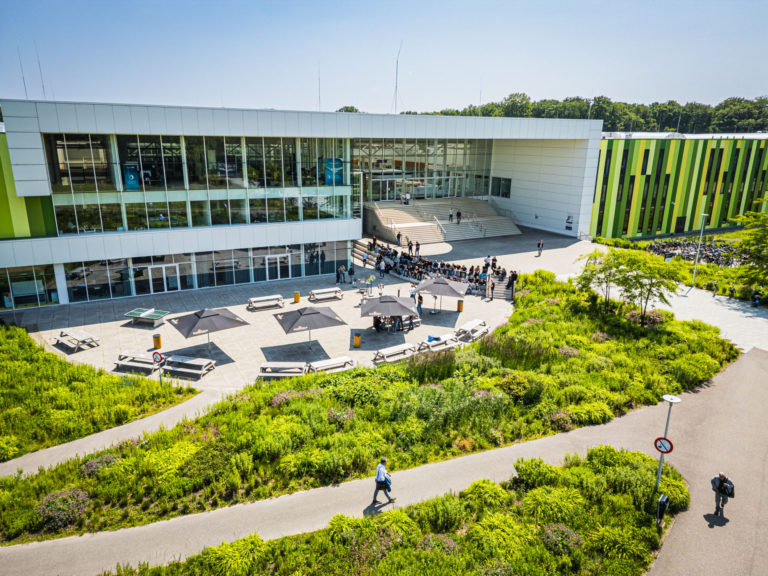Collaborating on solutions that matter
Effective cross-boundary collaboration
The major challenges of our time – from the housing shortage to building a future-proof food system – require collaboration across sectors and interests. No one can solve these issues alone. Working together is essential, but not always easy. How do you navigate between different interests, perspectives, and disciplines?
Especially when you are part of the system yourself, it can be difficult to step back and choose a direction. That’s when it’s valuable to ask for help. And that’s where we come in.
We help professionals and organizations and networks to collaborate effectively, stay on course, and deliver tangible results in a constantly changing environment. As advisors, trainers, or facilitators, we support you in building a strong innovation cluster and enable you to take a strong position within it.
That is our expertise – and our passion.
What we do
We help build strong ecosystems
Across the globe, public and private parties are working together to tackle societal challenges such as food, water, health, and climate. These collaborations are described in many ways: ecosystems, triple helix initiatives, platforms, campuses, and more. For simplicity, we use the term ecosystems. Whatever you call it, our role is to help strengthen your collaboration, making it smarter and future-proof.
“Strong professional skills and in-depth knowledge of innovation ecosystems in the world”
The terminology
The different terms in use – such as triple helix, the three Ps (public, private, people), clusters, networks, campuses, innovation hubs – often cause confusion, because stakeholders interpret them differently. These words suggest a shared vision, while underlying interests may diverge. It is crucial to actively ask what people mean and to make individual expectations explicit. This also applies to the term ecosystems.
How we collaborate
Our approach consists of three interconnected steps:
Discover
We clarify the purpose of the ecosystem, its ambitions, and what makes it unique in its region or sector. We support partner selection (minimum viable ecosystem), proposition development, and (international) positioning.
Design
We help set up or strengthen the organization of the ecosystem: who plays which role, how decision-making is structured, and how collaboration is sustainably financed.
Deploy
We support implementation: how do you monitor progress, how do you measure impact? We help develop models and indicators to make the added value of the cluster visible to stakeholders and funders.

The Spark of Collaboration: 7 Lessons for Innovation Ecosystems
Twenty-one years ago, Foodvalley was born. For me, that was the starting point of a sixteen-year adventure. As the first director, I was able, together

How Ecosystem Navigators laid the foundation for the further development of Brainport Industries Campus
Brainport Industries Campus The Brainport Industries Campus (BIC) in Eindhoven is the innovation and production hub of the Dutch high-tech manufacturing industry. SMEs, knowledge institutions,